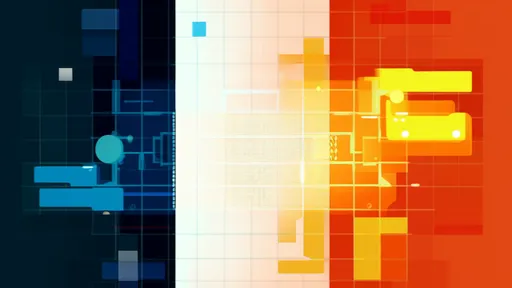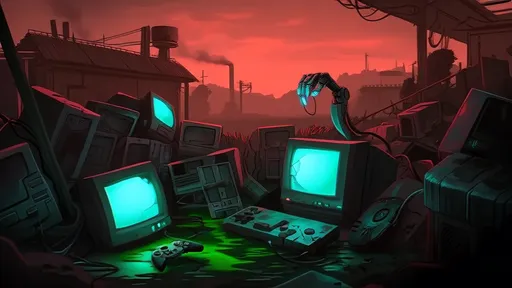In a groundbreaking intersection of technology and mental health, researchers are exploring how artificial intelligence can detect early signs of depression through gaming behavior. This innovative approach leverages the vast amounts of behavioral data generated during gameplay to identify subtle patterns that may indicate psychological distress. Unlike traditional diagnostic methods that rely on self-reported symptoms, this passive monitoring system could provide real-time insights without requiring conscious input from the player.
The concept builds upon established research showing correlations between specific gaming behaviors and mental health states. Extended play sessions, erratic mouse movements, or particular in-game decision-making patterns have all shown potential as behavioral markers. By training machine learning algorithms on these digital biomarkers, scientists aim to create systems that can flag at-risk individuals with surprising accuracy. The implications are particularly significant for adolescents and young adults, demographics that both face high rates of depression and engage frequently with digital games.
Several research teams have published promising results from initial studies. One notable project analyzed data from over 10,000 players across various game genres, identifying a constellation of behavioral traits that predicted subsequent clinical depression diagnoses. These included changes in play frequency, social interaction patterns within games, and even the way players navigated virtual environments. The AI models demonstrated an ability to detect warning signs weeks or even months before crisis points, creating valuable windows for intervention.
Privacy concerns naturally arise with such intimate data collection, prompting developers to implement strict anonymization protocols. The most ethical implementations process all data locally on the user's device rather than transmitting sensitive information to external servers. This on-device approach not only protects privacy but also makes the technology more scalable, as it doesn't require massive centralized databases of personal information.
The gaming industry's response has been cautiously optimistic. Several major studios have begun collaborating with mental health organizations to explore responsible applications of the technology. Some are experimenting with subtle in-game interventions when concerning patterns are detected, such as suggesting breaks or providing information about mental health resources. These soft approaches aim to avoid stigmatizing players while still offering support to those who might benefit from it.
Critics argue that behavioral analysis alone cannot replace professional diagnosis, and they're absolutely correct. The technology is positioned as a supplementary tool rather than a replacement for human clinicians. Its greatest value may lie in identifying individuals who would otherwise never seek help, particularly in cultures where mental health stigma remains strong. By detecting early warning signs through an everyday activity like gaming, these systems could help bridge the gap between need and access to care.
Looking ahead, researchers envision a future where gaming platforms incorporate mental health safeguards as standard features, much like parental controls are today. The same technology might eventually extend to other digital behaviors, creating a more comprehensive picture of an individual's psychological wellbeing across their online activities. As the field progresses, the focus remains on developing these tools with both scientific rigor and deep respect for user autonomy, ensuring they serve as helpers rather than surveillers in the important arena of mental health.

By /Jul 3, 2025

By /Jul 3, 2025

By /Jul 3, 2025

By /Jul 3, 2025

By /Jul 3, 2025

By /Jul 3, 2025

By /Jul 3, 2025

By /Jul 3, 2025

By /Jul 3, 2025

By /Jul 3, 2025

By /Jul 3, 2025

By /Jul 3, 2025

By /Jul 3, 2025

By /Jul 3, 2025

By /Jul 3, 2025

By /Jul 3, 2025

By /Jul 3, 2025

By /Jul 3, 2025